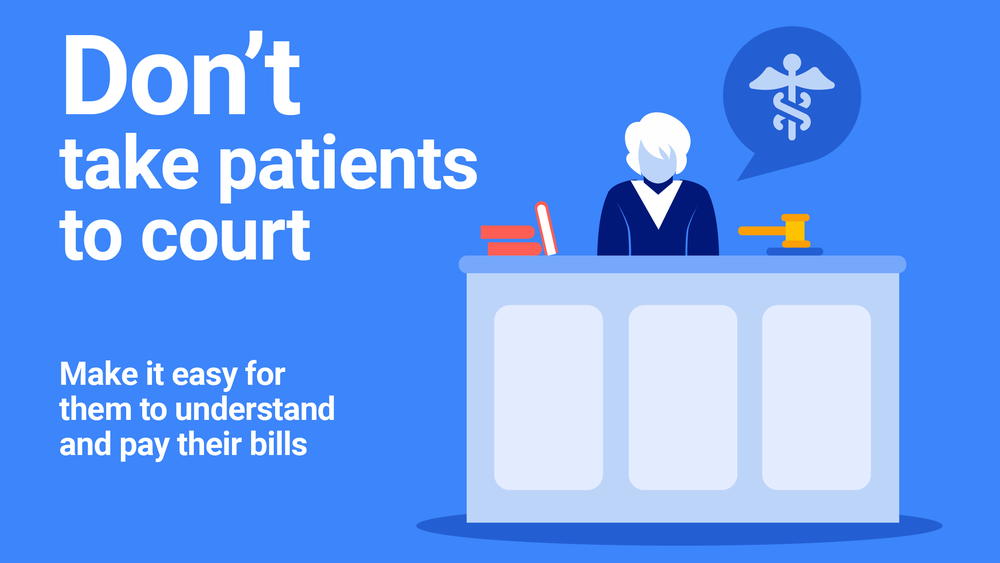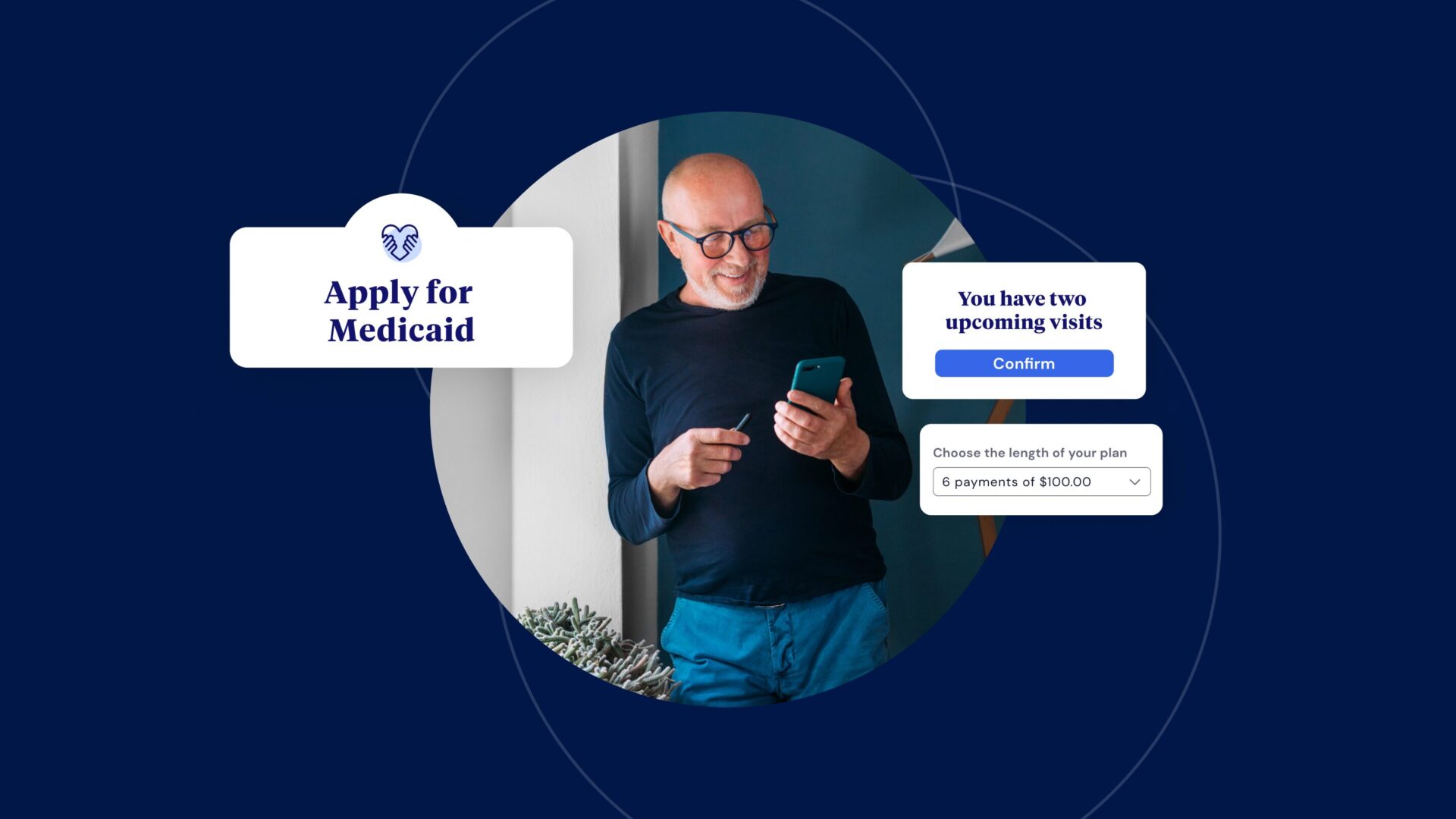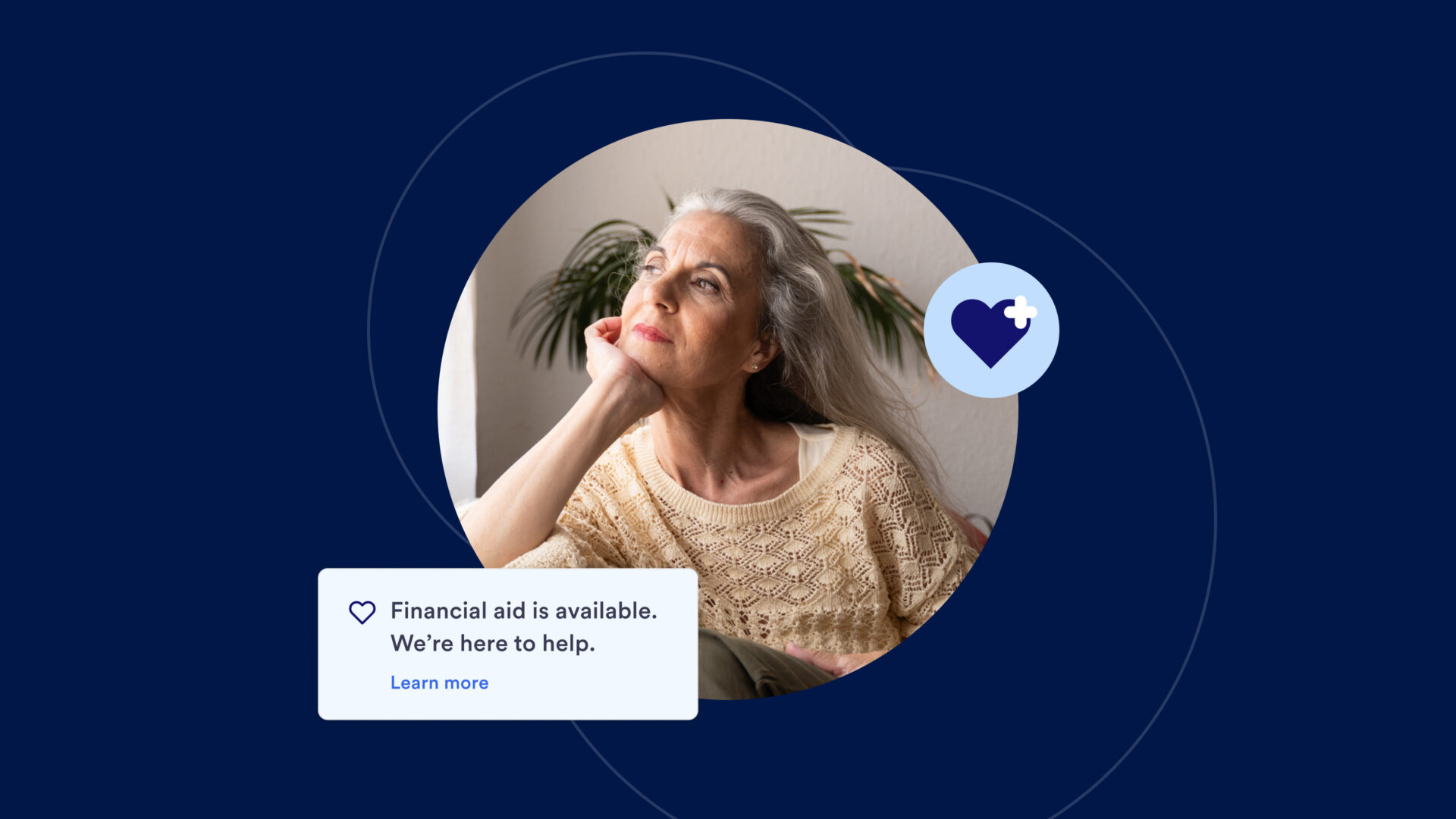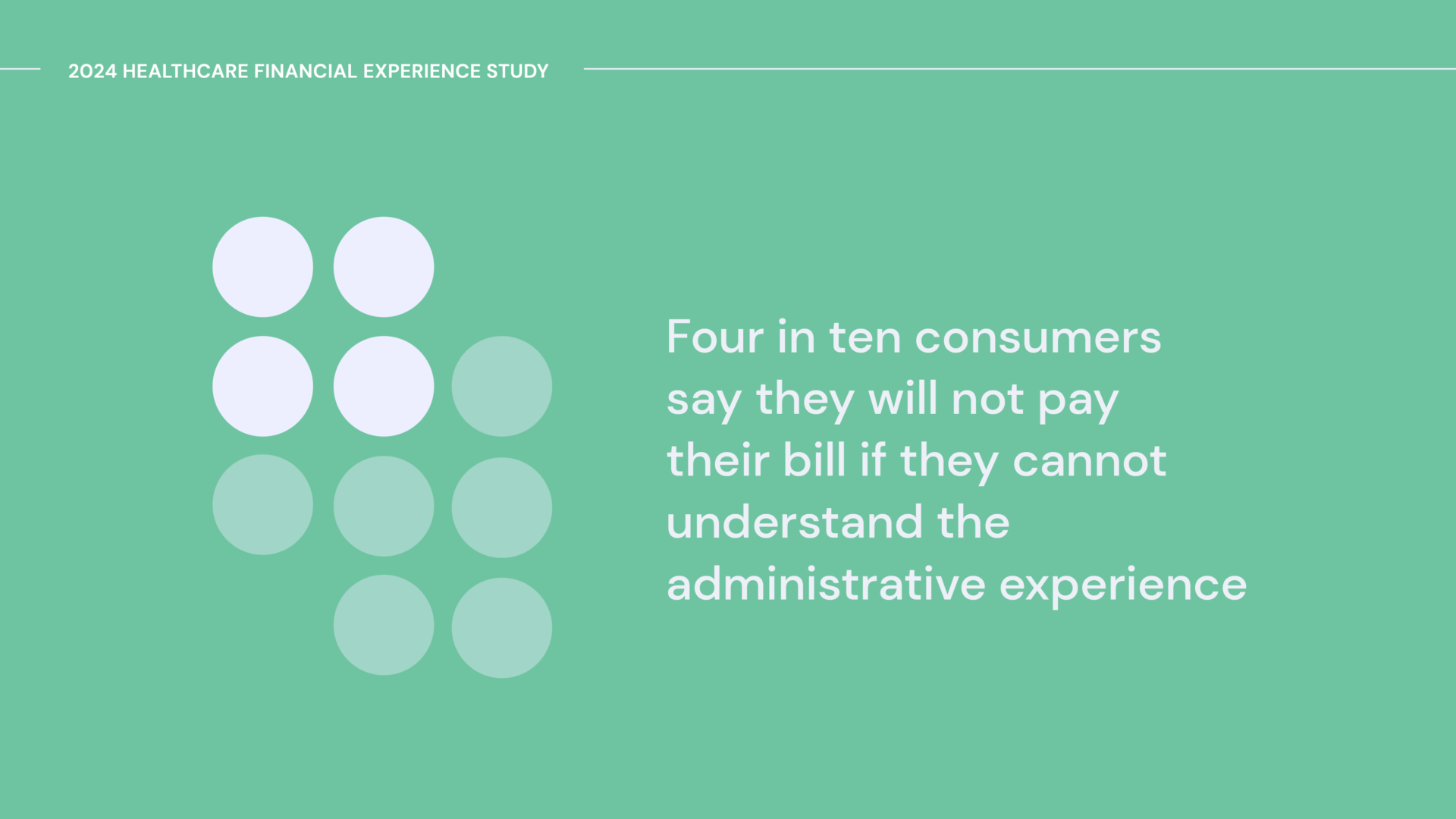Hospitals, including many nonprofits, are routinely taking patients to court over unpaid medical bills, per recent reports from NPR, ProPublica and The Wall Street Journal. Some are reportedly relentless. Johns Hopkins hospital has filed more than 2,400 lawsuits against patients in nine years and Memphis-based Methodist Le Bonheur Healthcare has filed more than 8,300 in the last 5 years.
Being aggressively pursued for medical bills—either in court or by collection agencies—can be financially devastating for patients. And the physiological stress may delay healing at a moment when patients need to focus on their care. These tactics are inconsistent with the role of hospitals, particularly not-for-profits, as community institutions with a responsibility to care for the most vulnerable. As a physician, I am frustrated at the current state of billing across healthcare – one that continues to legally pursue patients for seeking the care they need at difficult moments in their lives.
This is a far-reaching problem that impacts millions of Americans. As the Consumer Financial Protection Bureau has reported, 20% of US Consumers have medical debt impacting their credit scores — and half of those have otherwise clean credit. Many people do not even know that they have an unpaid medical bill until they are pursued by collections or see it on their credit report.
Taking patients to court is not the right answer for patients nor providers. While hospitals need to collect bills from patients to maintain financial solvency, taking legal action is both unreasonably expensive and a reputational catastrophe for the institution. Consider a better approach to improve collections by putting the patient back at the center of the healthcare administrative experience. By adopting easy-to-use, modern ways to engage directly with patients, it’s possible for providers to improve their financial outlook without compromising their values. At Cedar, we know that providers who move to a user-centric, digitally-enabled financial platform observe a 30-70% increase in their collection rates, all while maintaining a ~95% satisfaction rating. Investing in improving this process is worthwhile for providers. Studies show that patients satisfied with the billing process are 5x more likely to recommend the hospital and 2x more likely to pay in full. Based on patient behavior on the Cedar platform, we know that most people will pay their bills if it’s clear to them what they owe and how to pay it.
For low income patients who struggle with the ability to pay, a more customized approach is warranted. Rather than garnishing their wages or hauling them to court, it can be more effective to employ data science to proactively identify these people and provide them with options for payment plans, discounts and charity care.
Suing patients and unleashing aggressive collection tactics is a lose-lose for healthcare organizations and consumers. By thoughtfully harnessing the smart technology of the 21st century, providers can maintain strong financial health and patient loyalty without compromising on the Hippocratic principle of ‘do no harm’.

Florian Otto is co-founder and CEO of Cedar. Prior to founding Cedar, Florian was an executive at Zocdoc where he drove the commercial adoption of the platform by health systems. Previously, Florian founded a daily deal company in Brazil (ClubeUrbano) that was sold to Groupon. Florian holds an M.D., D.D.S. and Ph.D. from the University of Freiburg, Germany.



